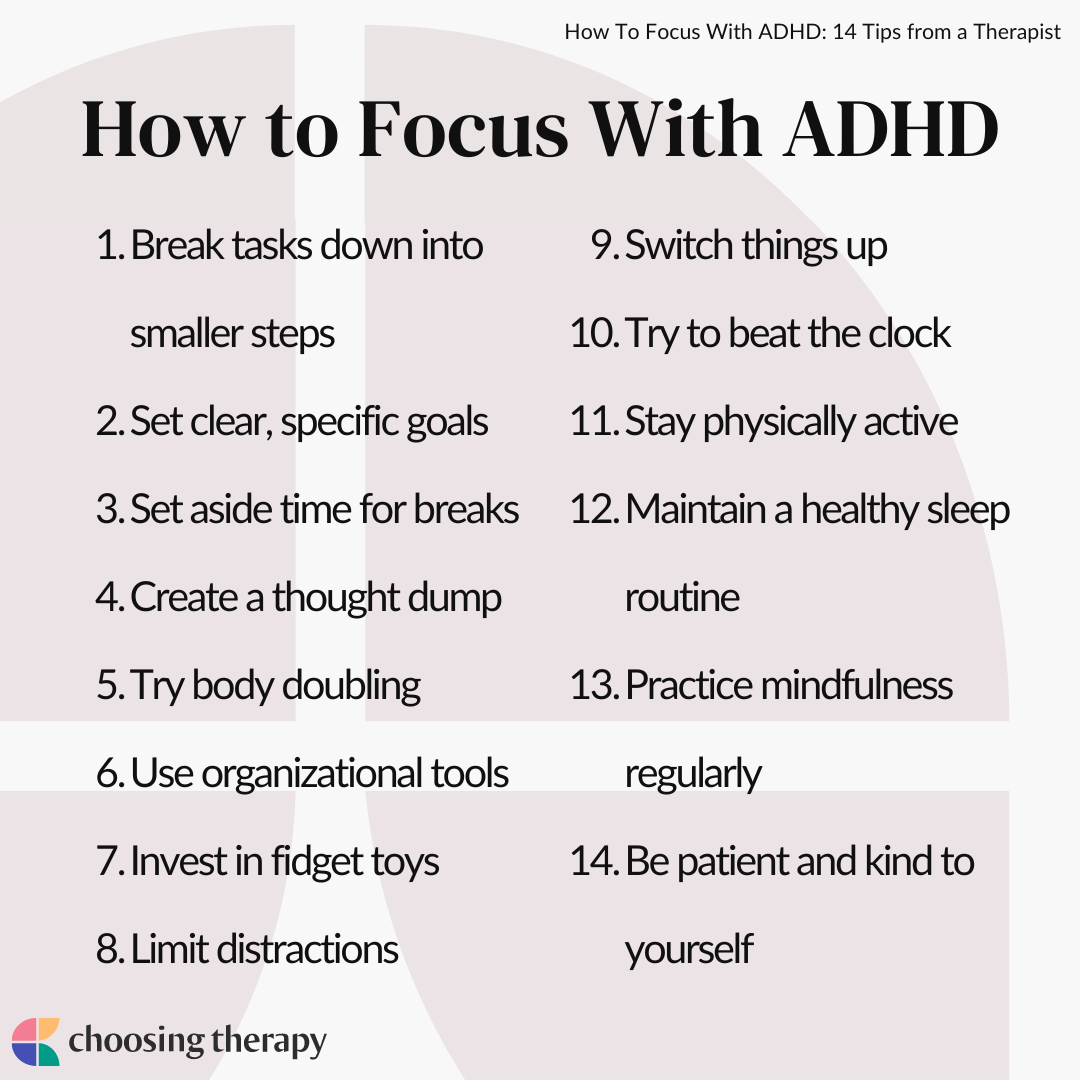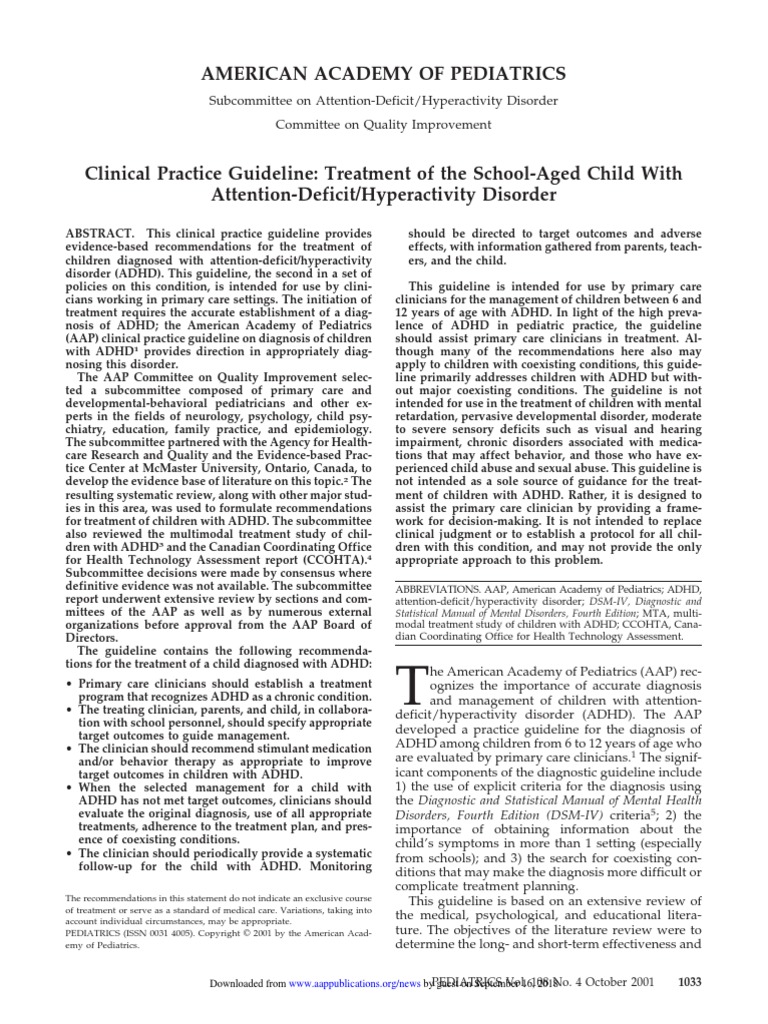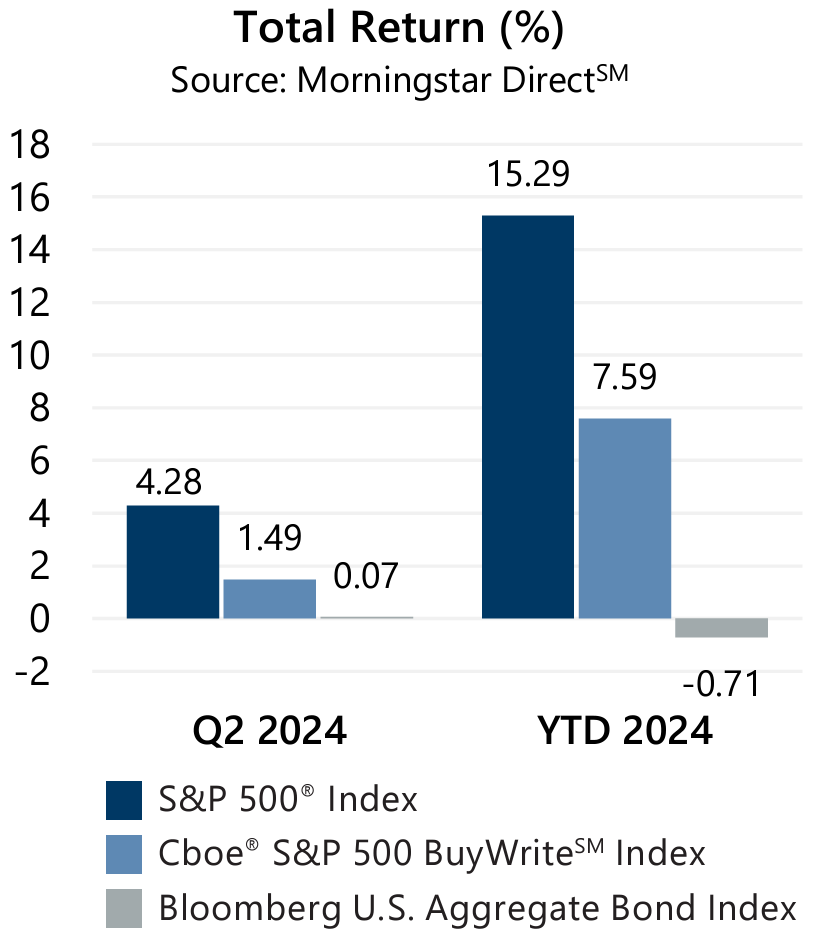Driving With ADHD: A Focus On Vehicle Safety Research

Table of Contents
The Impact of ADHD on Driving Abilities
ADHD can significantly affect driving abilities. The core symptoms – inattention, hyperactivity, and impulsivity – directly translate to increased risks on the road. Difficulty maintaining attention leads to lapses in concentration, potentially resulting in missed traffic signals, slower reaction times to hazards, and difficulty maintaining lane position. Impulsivity can manifest as speeding, tailgating, and risky overtaking maneuvers. Spatial awareness challenges contribute to problems judging distances and speeds accurately, increasing the risk of collisions. Furthermore, individuals with ADHD might demonstrate increased risk-taking behaviors while driving.
- Slower reaction time: Studies show individuals with ADHD have demonstrably slower reaction times compared to neurotypical drivers, leading to a higher risk of accidents.
- Difficulty maintaining lane position: Inattention can cause wandering between lanes, increasing the chance of collisions.
- Impulsive lane changes and overtaking: The impulsive nature of ADHD can lead to sudden, unsafe lane changes and overtaking maneuvers.
- Problems with judging distances and speeds: Misjudging distances and speeds is a common challenge, increasing the risk of rear-end collisions and other accidents.
- Increased susceptibility to distraction: Internal and external distractions significantly impact drivers with ADHD, leading to reduced focus on the road.
- Challenges with following traffic laws consistently: Consistent adherence to traffic laws can be difficult, potentially leading to speeding tickets or other violations.
Research Findings on ADHD and Driving Accidents
While definitive statistics correlating ADHD directly with accident rates are limited, existing research strongly suggests a link between ADHD and increased risk of traffic accidents. Studies often show higher rates of accidents and traffic violations among individuals with ADHD compared to their neurotypical counterparts. However, it’s crucial to acknowledge limitations in current research. Many studies rely on self-reporting, and other factors, such as medication compliance and comorbid conditions, can influence results. Further, more robust studies are needed, controlling for these confounding variables.
- Summarizing key findings: Existing research generally indicates a higher likelihood of traffic accidents and violations in individuals with ADHD.
- Limitations of existing research: Self-reporting bias, lack of controlled studies, and difficulty isolating ADHD as the sole contributing factor limit the conclusiveness of current findings.
- Need for further investigation: More research is needed to fully understand the complex relationship between ADHD, driving behavior, and accident risk. This includes longitudinal studies tracking individuals with ADHD over time.
- Demographic factors: Age, severity of ADHD symptoms, and co-occurring conditions may influence accident risk.
Strategies for Safer Driving with ADHD
Fortunately, many strategies can improve driving safety for individuals with ADHD. A multi-faceted approach combining medication management, behavioral techniques, and assistive technologies is often most effective. Careful medication timing is crucial; ensuring optimal medication levels during driving periods is vital.
- Optimize medication timing: Schedule medication to coincide with driving times for consistent symptom management.
- Mindful driving techniques: Practice focusing on the present moment while driving, minimizing distractions and internal thoughts.
- Navigation apps: Use GPS navigation systems to reduce cognitive load and minimize the need for complex route planning while driving.
- Avoid driving when fatigued or stressed: Driving under duress exacerbates ADHD symptoms, significantly compromising driving ability.
- Adjust driving habits: Adapt driving behaviors to account for ADHD-related challenges; for example, leaving extra space between vehicles and avoiding rush hour driving.
- Driving aids: Utilize advanced driver-assistance systems (ADAS) such as lane departure warnings and adaptive cruise control.
- Regular vehicle maintenance: Ensure your car is in good working order to minimize unexpected mechanical issues that could compromise safety.
The Role of Professional Support
Seeking professional support is vital. Therapists specializing in ADHD can offer cognitive behavioral therapy (CBT) to help manage impulsive behaviors and improve attention. Driving rehabilitation specialists can provide targeted training to address specific driving challenges. Specialized assessments and retraining programs can significantly improve driving skills and safety.
- Cognitive Behavioral Therapy (CBT): CBT helps develop strategies to manage impulsive behaviors and improve focus, leading to safer driving habits.
- Occupational Therapy: Occupational therapists can assess driving skills and provide tailored interventions to improve performance and independence.
- Specialized Driving Assessments and Retraining: Professional evaluations can pinpoint specific areas needing improvement, leading to targeted retraining programs.
Conclusion
Driving with ADHD presents unique challenges, but effective management strategies exist. Combining medication management, behavioral strategies, and professional support significantly improves driving safety. While research continues to refine our understanding, proactive steps are crucial. If you or someone you know struggles with driving while managing ADHD, seek professional guidance and explore strategies to improve your driving safety. Learn more about resources available for safer driving with ADHD and take proactive steps to protect yourself and others on the road.

Featured Posts
-
 Record Breaking Speedboat Attempt Ends In Dramatic Flip In Arizona
Apr 29, 2025
Record Breaking Speedboat Attempt Ends In Dramatic Flip In Arizona
Apr 29, 2025 -
 Research Based Recommendations For Safer Driving With Adhd
Apr 29, 2025
Research Based Recommendations For Safer Driving With Adhd
Apr 29, 2025 -
 Porsche Cayenne Ev 2026 Leaked Spy Shots And Speculation
Apr 29, 2025
Porsche Cayenne Ev 2026 Leaked Spy Shots And Speculation
Apr 29, 2025 -
 How To Buy Tickets For The Capital Summertime Ball 2025
Apr 29, 2025
How To Buy Tickets For The Capital Summertime Ball 2025
Apr 29, 2025 -
 What We Learned About Treasuries On April 8th A Market Recap
Apr 29, 2025
What We Learned About Treasuries On April 8th A Market Recap
Apr 29, 2025
